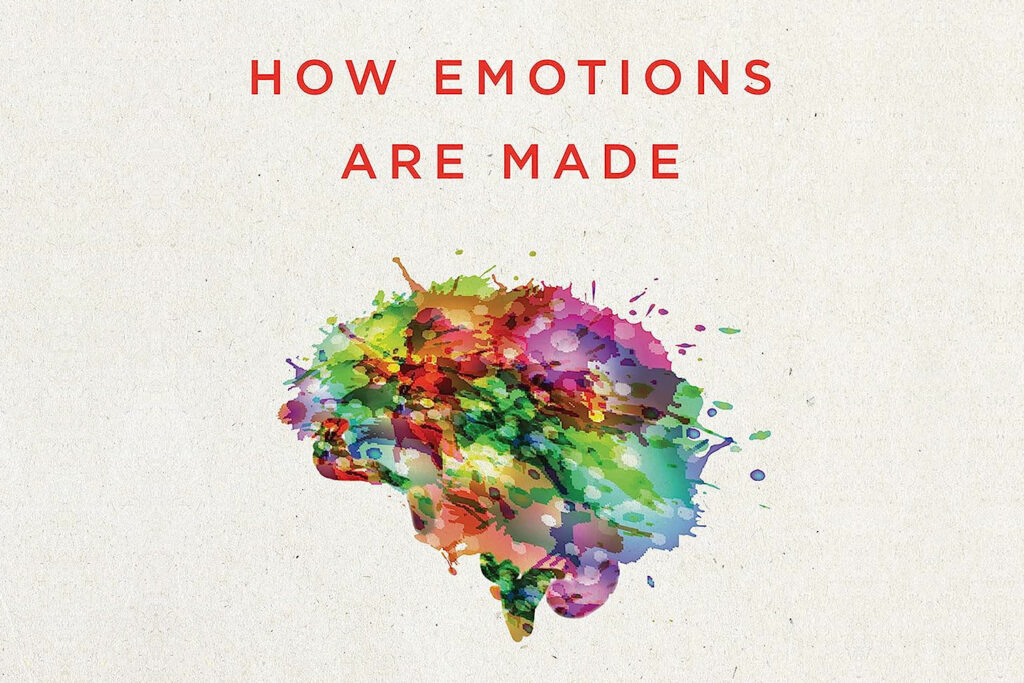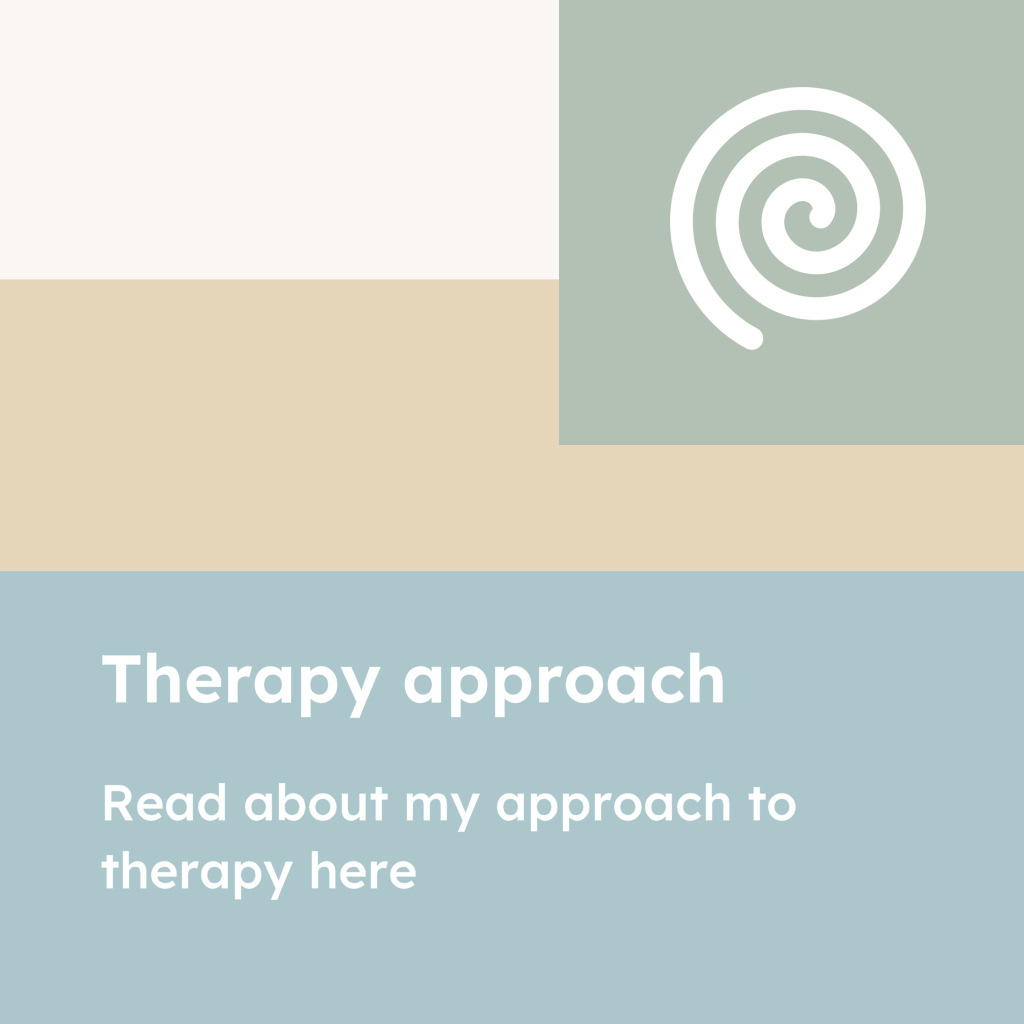You can become the architect of your own emotions
Lisa Feldman Barrett, who is one of the most cited scientists in the world for her research in psychology and neuroscience, believes that emotions are constructed. And this is a pathbreaking and hopeful message: it implies that we are architects of our own experience. Through a complex interplay of systems, sensory input from inside and outside the body reaches the brain, which then uses past experiences to choose a potentially accurate plan of action.
An emotion thus has three major ingredients: the meaning the brain makes of the incoming sensory information, a list of predictions, and the automatic changes in the body that are needed to adjust successfully. As Feldman Barrett writes in How Emotions Are Made (Mariner Books, 2017), “an emotion is your brain’s creation of what your bodily sensations mean, in relation to what is going on around you in the world.”
Traditionally, the classical view of emotion argued that feeling, expressing, and recognizing emotions was hardwired in us, an ancient part of universal human nature. It was believed that facial expressions of emotions could be easily recognized as each emotion was assigned a unique signature—a smile when we are happy, a furrowed brow when we are angry, eyes wide open when we are surprised. However, more recent studies convincingly show that we use widely varying facial movements to convey any single emotion. Indeed, there are no specific emotion fingerprints in the body, or even a distinct brain location that houses our emotions.
Emotions do not just happen to us; we create our own emotions. But it can be a cumbersome process. Psychotherapy can help guide and transform how our brain constructs emotional experiences. It does so by adding new emotion concepts to the brain’s dictionary to help untangle confusing and sometimes contradictory data. In other words, psychotherapy reorganizes the meaning we give to past experiences, and constructs new emotional categories we can use to understand our present struggles.
We can thus make more accurate predictions (about ourselves and the world around us) and influence our future emotional experiences and the behaviors of others. “These predictions,” as Feldman Barrett says, “are your brain’s best guesses of what’s going on in the world around you, and how to deal with it to keep you alive and well.”
Watch Dr. Feldman Barrett debunking the biggest myths about emotions:







